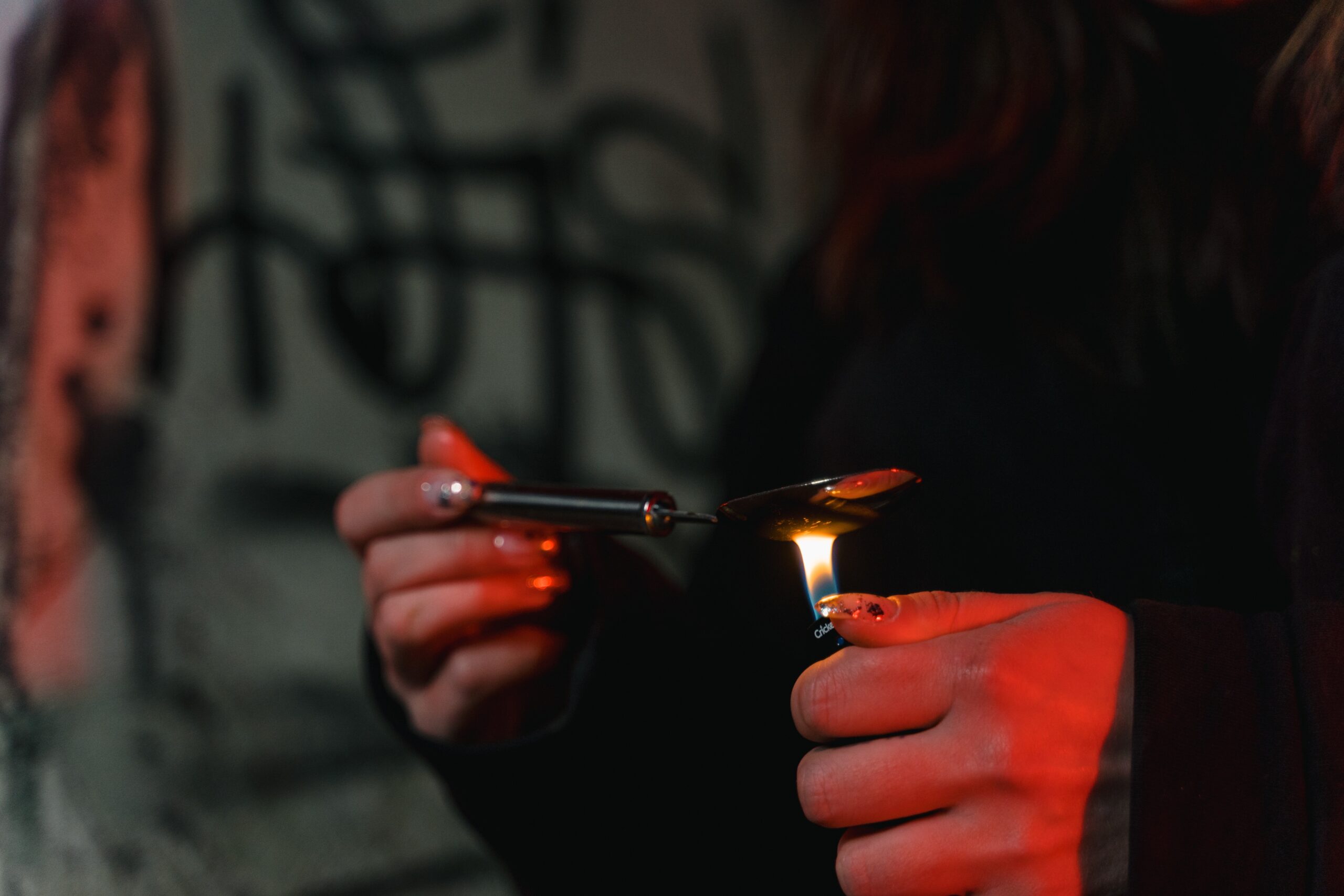Understanding forced addiction treatment
A person with an addiction often denies that they lack the willpower to stop. One of the most difficult aspects of addiction is that an addict rarely realises they have a problem.
Of course, some opiate addicts will come to terms with the fact that they can’t quit using. Unfortunately, most addictions are not as obvious to the addict as they are to their loved ones. A priori, the idea of “commitment” was central to traditional perspectives on inpatient therapy. The court may nonetheless order you to enter a hospital or clinic for the treatment of mental illness.



This could happen if you’ve committed a crime or if members of your family produce evidence to court demonstrating that you pose a threat to yourself. If there is sufficient evidence of risk, only then will the law allow for involuntary treatment. Nobody can force you in against your will and without some form of danger. A psychiatric hold of no less than 72 hours may be imposed on a patient under certain circumstances. During this period, patients are housed in a safe environment where their physical and mental health may be closely monitored. This might happen if the person threatened suicide or physical danger to others. The aim is to restore the person’s stability and get them the therapy they need. Involuntary treatment centres still provide a pleasant and supportive setting for patients. The average person does not spend their time confined in a windowless cell.






